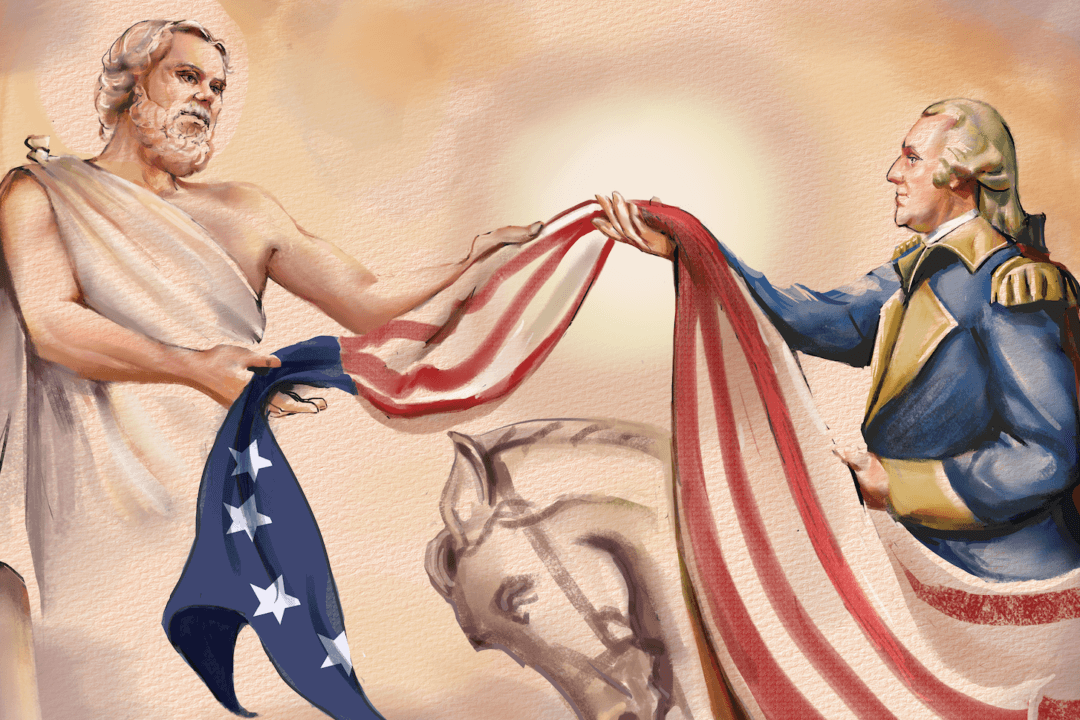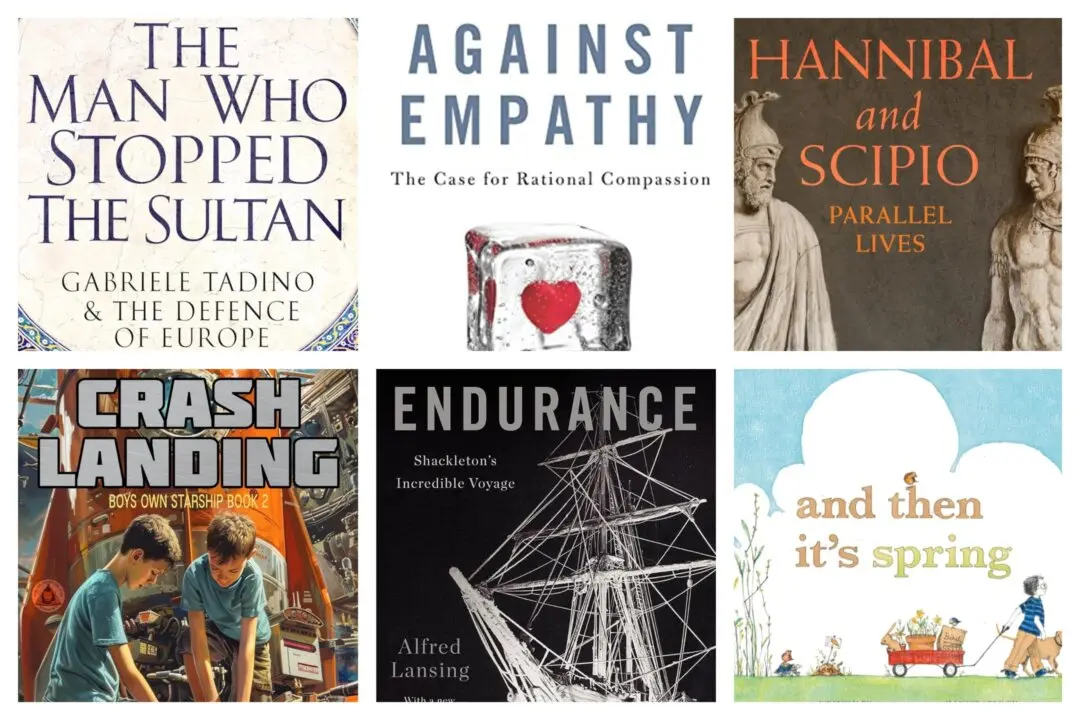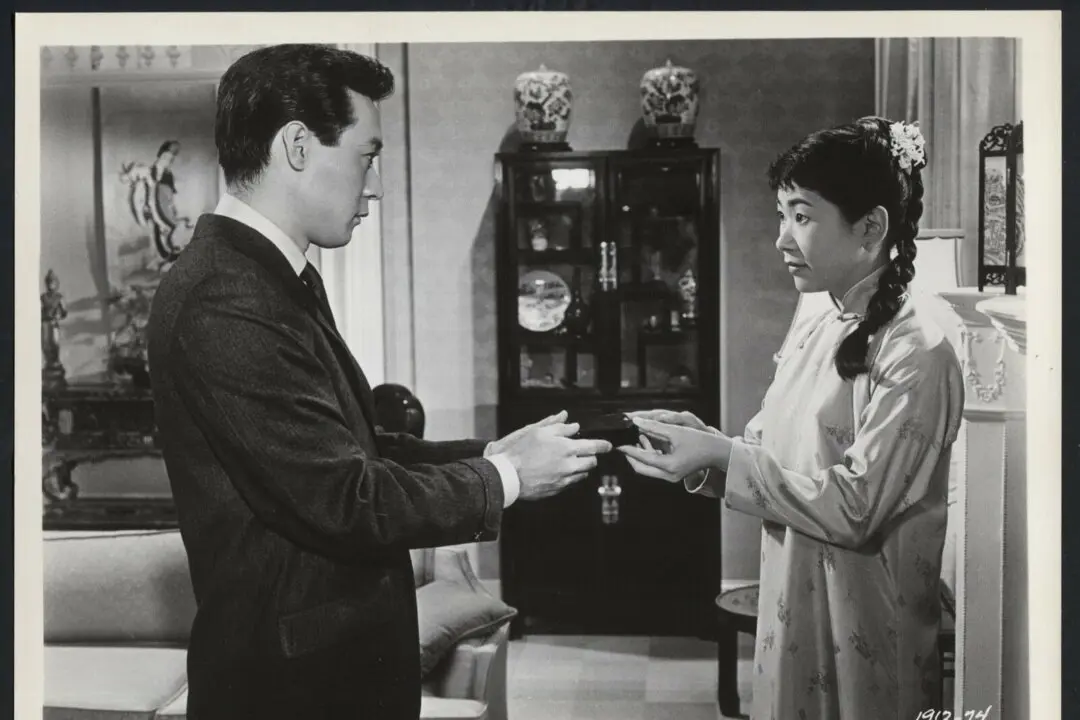In “The Bridges at Toko-Ri,” a movie based on James Michener’s novel about the Korean War, Adm. George Tarrant watches his pilots fly off from the aircraft carrier’s pitching deck to attack the enemy and asks, “Where do we get such men?”
Good question.






